It’s 8:37 on a Monday morning in Boston. The sky had just finished spreading a fresh coat of snow over the countless existing layers that had formed on the footpath snaking along the Charles River. I’ve got exactly 23 minutes to make it off of the footpath, across the Boston Common Park, through China Town, the Financial District, to school, up 13 flights in the escalator, and finally to my seat in the front row of classroom 3 at General Assembly Hall before 9am. Oh and I need to save time to quickly change in the tiny bathroom stall into a outfit more presentable than my damp running clothes.

You see, all of these details need to be carefully planned out when you run-commute. I turn my music up a notch, and this time, the song “Choices(Yup)” fills my ears. “Everybody got chooooices….” wraps E-40, as I think, he’s absolutely right! Everybody does have a choice about how to spend every single second of the day. The choices that stem from questions such as “How will I get to work on time?” or “How will I have time to train, or furthermore, to do what I love?” shape the trajectory of our lives. I would argue that choosing to run-commute is one of the best choices that I make each day, and something that I highly recommend that everyone tries – especially if you live in a city. By striding to and from school with a backpack strapped to my shoulders I realized that the concrete jungle is my playground, that my body is am amazing machine and the most reliable form of transit, and that time limitations are actually opportunities for creativity. The following are some lessons that the great teacher – the run commute – has taught me.
“Toughness Training”
Finding a way to deal with challenges calmly as they come is what I call toughness training. Run-commuting presents many excellent opportunities for toughness training because no one run is the same and you never know what challenges might be around the block. Maybe your backpack- stuffed with your laptop, clothes and plenty of snacks – will lurch side to side as your feet hit the pavement. The added weight isn’t always comfortable, but carrying your belongings certainly is toughness training. Or, it rains, and you lack the comfort of showing up to work warm and dry. You might even be running – literally – a few minutes late and are forced to push the pace while weaving through unassuming pedestrians on the sidewalk. Either you can think of these scenarios as obstacles – maybe even as reasons not to run-commute – or you can embrace the toughness training.
Methodical Planning
Admittedly, I am not a natural type-A, list-maker, extremely detail oriented thinker. However, run-commuting definitely helped strengthen my planning-in-advance skills. When you are carrying your belongings on your back for a few miles, you are forced to think methodically about what you really need for the day. When you are limited to what will fit in your backpack, and how much weight you are willing to cary you adopt a minimalist approach to packing. Once the checklist of items in your backpack becomes small you become less likely to forget things, because everything you are carrying is essential. That being said – I did forget to bring a change of shoes, a hair-brush, and even a dress that I planned on wearing to a meeting once or twice amongst the countless run-commutes. I found that leaving a spare pare of shoes and an emergency outfit at work saved the day in those situations.
Life Training
Perhaps the most obvious gain of run-commuting is the fitness gain. Instead of allotting time each day to “training” run-commuting has taught me that I am constantly training. Training my body to adapt to being frequently in motion, training my mind to accept the fact that my body is my main mode of transit, and training on a personal level so that the best version of myself shows up each day. There is no better time to train than now. While run-commuting you may have to accept running at a slower pace than you normally might. But even so, consistently logging miles while carrying weight on your back will certainly help to build a base.

One of my favorite memories from run-commuting in Boston was crossing the MIT bridge on my way home from school at around 7 or 8pm each night. It was pitch black at this time during the winter months and on most nights there was a strong side-wind blowing across the bridge. After a long day of learning to code I would unleash my competitive energy out onto this bridge by envisioning myself crossing the Golden Gate Bridge at the end of the North Face Endurance Challenge, or powering steadily through a flat section of Leadville 100, or even out-striding any competitor in a imaginary race I’d make up in my mind. I don’t doubt that when I compete in those races in the future I will draw upon my run-commuting experiences.
Finding Hidden Trails
If I had to choose to run on either trails or the road, nine times out of ten I would choose trails. So, on my way to school I would try to seek out the hidden trails that the city of Boston had to offer. By “secret trails” I mean the single-track dirt path along the Charles River that is much less frequented than the main pedestrian path parallel to it. Or the loose rock/grassy area in-between the curb and the sidewalk. Every city has hidden trails if you really search. When you don’t have the luxury of a plethora of trails in a wooded area on your run commute route, these less-than-ideal trails suffice. I made it a game on my commute to run across as many different terrains as possible, whether it was wood-chips, grass, playground-rubber, or concrete.
Extra Boost of Energy
By run-commuting in the morning, I felt energized by the sense that I had already accomplished something before work. While some automobile commuters may still be groggy at the start of a work day, getting some energy out while run-commuting made me feel focused and able to accept the fact that I would be sitting down for most of the day.
Heightened Awareness of Environmental Impact
During my run-commute through Boston, I would often pass cars stuck in bumper to bumper traffic. Seeing so many cars lined up day after day made me think of what I am bringing into the city as I crossed the river from Cambridge. Instead of bringing air pollution, and a need to take up valuable street space – as automobiles do – I focused on bringing an energy of positivity and low impact with me.
To sum it all up, the benefits of run-commuting always outweighed the challenge that choosing to run-commute sometimes was. Run-commuting is an opportunity to put in the work while traveling to work, that enables you to not have to sacrifice your race goals because of a lack of time to train. If you are debating whether or not to run-commute, try it out! It’s a life changing decision that I don’t think you’ll regret.



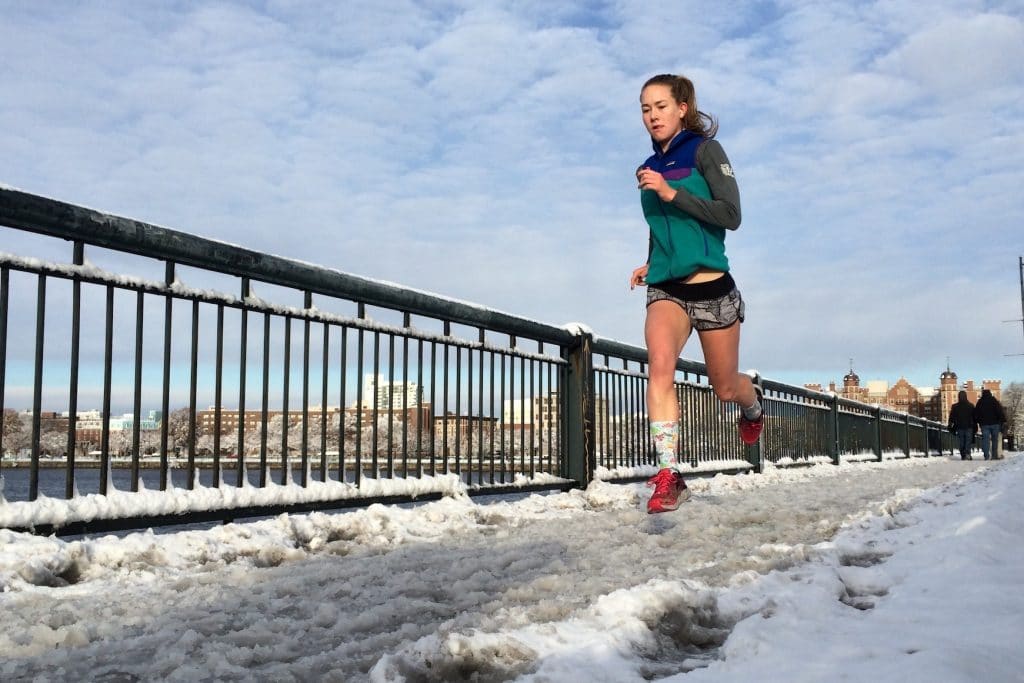
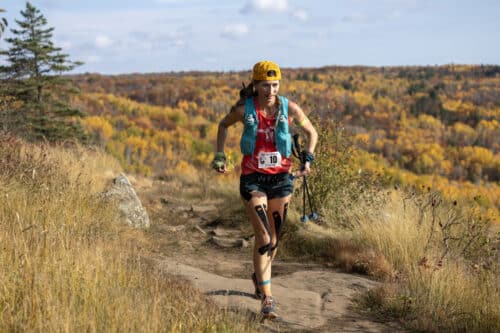
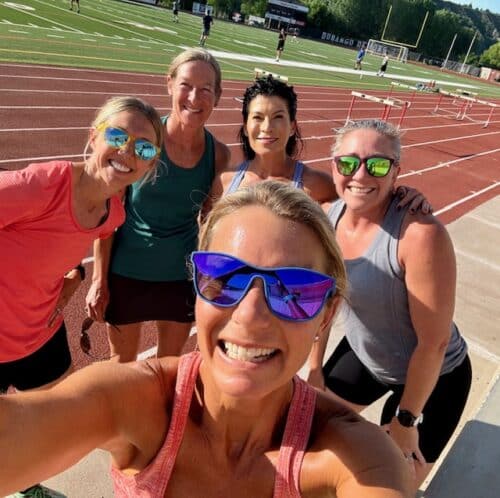






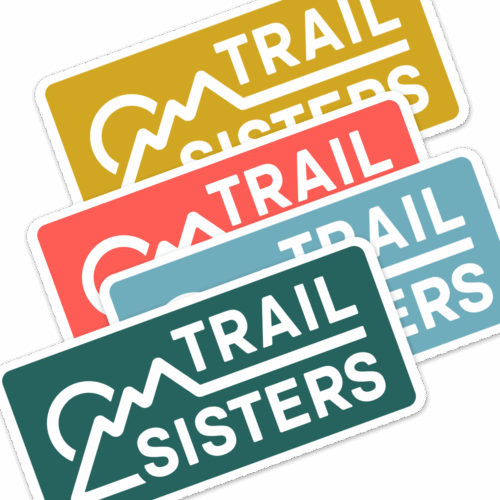
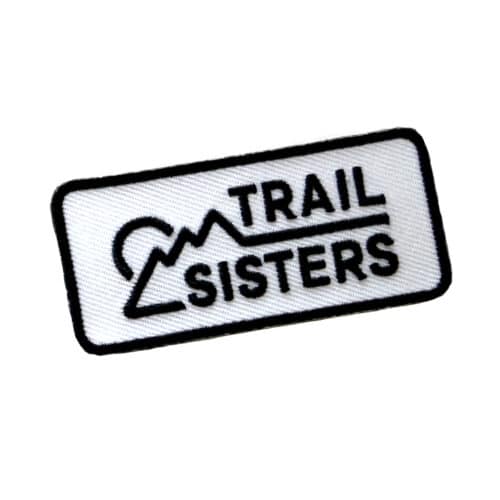


6 Responses
Great idea. How do you cope with sweat from the run in? Do you have showers available at work? (I once had an employer with showers, which was wonderful for running to work or lunchtime runs) Or is there a secret to washing in a handbasin?
I sweat a lot, and running with a backpack leaves me looking as though I swap to work, and smelling rather like a skunk attacked me en route :-(.
Thank you for writing this! I have been an on/off run commuter for a few years, and sometimes find myself grumbling about the logistics, or the weather, or the darkness. I’m going to adopt your phrase “toughness training”.
Thank you for such a wonderful article! I recently started run-commuting as part of my daily travel from mountains to work. It has given me such a sweet sense and understanding of simplicity and focus. I realize that it is easy to complicate things, but if not complicated, they are all of a sudden possible.
My run commute feels like a vacation before work! I run a long hidden trails, scenic ridges, dense eucalyptus forest for 7 miles, then emerge out of the forest onto a quiet street that leads to my school! I keep extra shoes and toiletries ready for a quick cleanup before my students arrive. I am usually physically flexible and energetic throughout the day from this morning run, and look forward to doing it again in the afternoon!
Long ago I had a job as an athletic director for a private Christian
school for troubled teenagers. I lived 23 miles from home & this facilitated a great way to get my mega mileage up where I wanted
on my big weeks. I eventually won WS 100,Wasatch 100,2nd Leadville,
& a win at AR 50 in1986 tough commute training is indispensable!
The section on “Hidden Trails” is SPOT ON – I find myself on the “shoulder” for most of my run commute and am constantly looking for the grass patches and dirt barely there next to the asphalt. It isn’t always fun, but it gets the job done! Thanks for sharing!